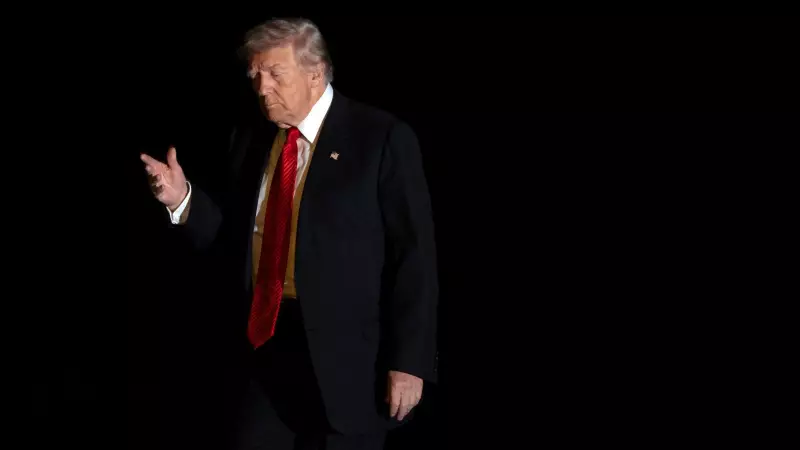
In a significant development that could reshape American foreign policy, former President Donald Trump has drawn a clear line in the sand regarding military assistance to Ukraine. During recent remarks that have captured international attention, Trump explicitly stated his opposition to providing Ukraine with Tomahawk cruise missiles, while simultaneously leaving the door open for other forms of military support.
The Tomahawk Declaration
The former president's position on the sophisticated missile system represents a notable departure from current administration policies. "They're not going to get Tomahawk missiles," Trump asserted, making his stance unequivocally clear. This declaration comes at a critical juncture in the ongoing conflict between Ukraine and Russia, where advanced weaponry has played a crucial role in Ukraine's defense capabilities.
A Nuanced Approach to Future Aid
Despite his firm position on Tomahawk missiles, Trump adopted a more ambiguous tone regarding future military assistance. The former president carefully avoided committing to a definitive policy, suggesting that various forms of support remain under consideration. This strategic ambiguity has left analysts and foreign policy experts speculating about potential shifts in American support should Trump return to office.
Broader Implications for Ukraine Conflict
The timing of these statements carries significant weight, as Ukraine continues to face relentless Russian aggression. Advanced weapon systems like the Tomahawk missiles have been among Kyiv's most urgent requests from Western allies. Trump's position could potentially alter the military balance in the region and influence how other NATO members approach their own assistance packages.
Political Ramifications and Global Reactions
These revelations have sparked intense debate across the political spectrum, with supporters praising Trump's cautious approach and critics expressing concern about potentially weakening Ukraine's defensive capabilities. International leaders are closely monitoring these developments, understanding that American policy shifts could dramatically affect the trajectory of the conflict and broader European security architecture.
As the situation continues to evolve, the world watches anxiously to see how these policy positions might translate into concrete action, and what they could mean for the future of Ukraine's struggle for sovereignty and territorial integrity.





